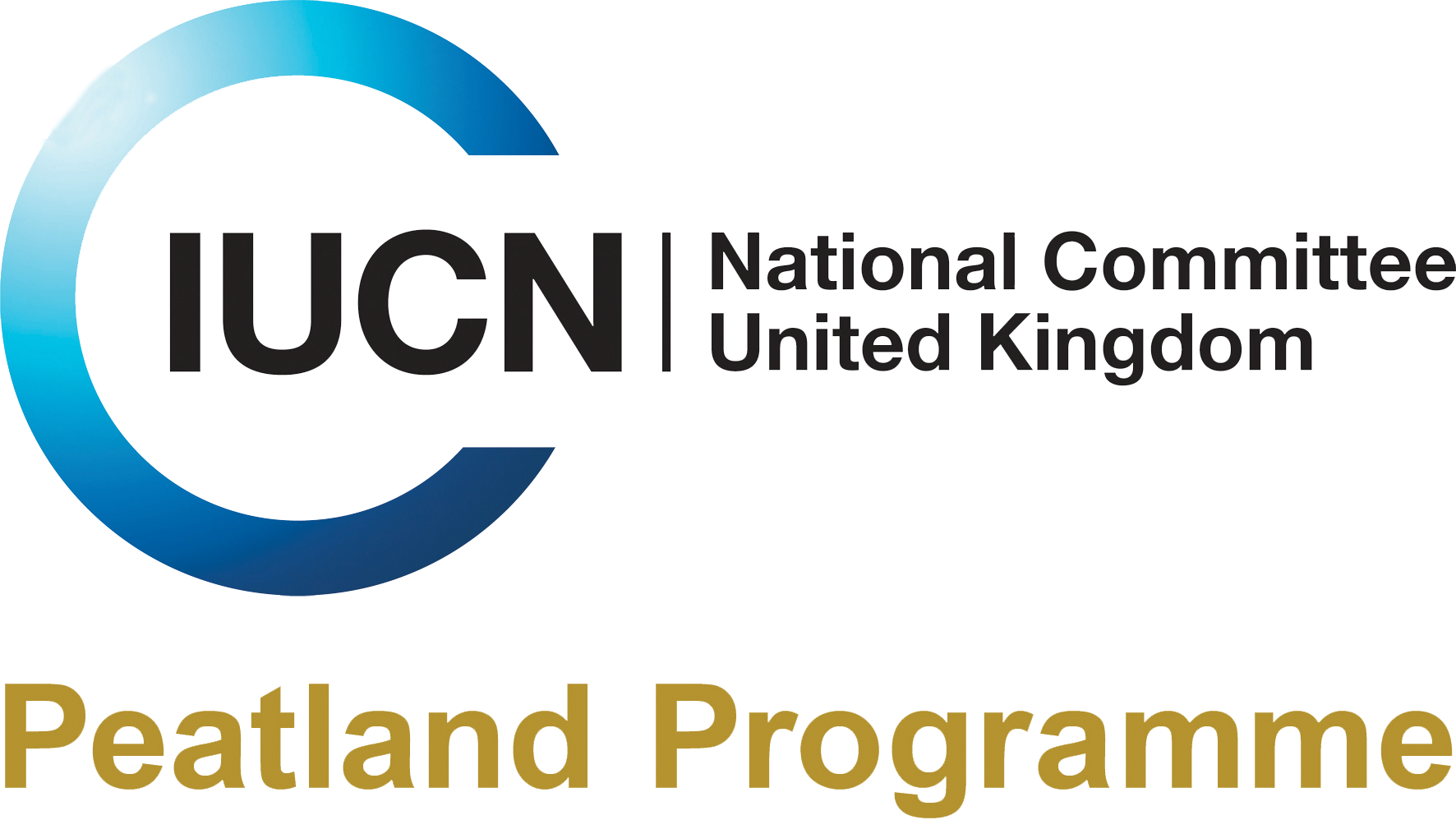Search
Search
Moorland
One of our most extensive habitats, moorlands cover huge areas in the uplands. Great expanses of unenclosed, wild-seeming land impart a sense of freedom and adventure, although the wide, open…
Introducing Dorset Peat Partnership
Dorset Peat Partnership is hosted by Dorset Wildlife Trust to develop peatland restoration plans within Dorset through the Nature for Climate Peatland Grant Scheme.
Yorkshire Peat Partnership celebrates another successful year
As Yorkshire Peat Partnership (YPP) heads into the new restoration season, they take a moment to celebrate their achievements from the previous (2020-2021) season with their annual report.
Heathland and moorland
These wild, open landscapes stretch over large areas and are most often found in uplands. Although slow to awaken in spring, by late summer heathland can be an eye-catching purple haze of heather…
Yorkshire Peat Partnership: Peatland Restoration Practitioner training course
Sign up to Peatland Restoration Practitioner training course with Yorkshire Peat Partnership.
A burning issue: comparison between Australian & UK fire management misses the mark
Inappropriate comparisons between the management of the fires in Australia and the use of fire in moorland management in the UK.
Yorkshire Peat Partnership: A music video on Fleet Moss
With the help of Yorkshire Peat Partnership, musician Sarah Smout filmed a music video on Fleet Moss which aims to raise awareness of the importance of peatlands.
Volunteer group and conservation organisations join forces to improve the health of local moorland
Moors for the Future Partnership has been working with Friends of Crompton Moor carrying out sphagnum moss planting and vegetation monitoring.
UK invests over £30m in large-scale greenhouse gas removal
We are delighted to support this project which will investigate the management of peatlands to maximise their GHG removal potential in areas across the UK.
New £3 million fund for peatland restoration in Northern Ireland
Applications for the new £3million Peatland Challenge Fund to help protect Northern Ireland's peatlands closes on 19 June.
Moors for the Future Partnership presents: Blanket bogs are worth protecting video series
Moors for the Future Partnership has developed five videos to help people understand the multiple benefits of healthy blanket bogs in the Peak District, South Pennines and beyond.
